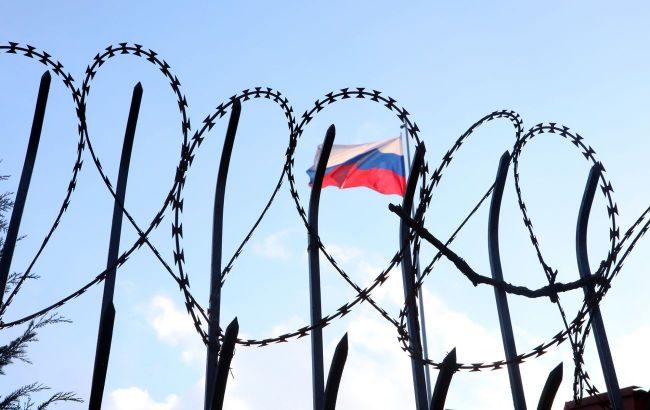International law experts approve Russian assets confiscation - Bloomberg
 (Getty Images)
(Getty Images)
A group of legal experts has approved the seizure of $300 billion in frozen assets of the Russian central bank, as such actions are permitted under international law given the scale of Russia's invasion of Ukraine, according to Bloomberg.
The letter, which was sent to the capitals of the G7 countries, was signed by ten experts and practitioners of international law from Belgium, France, Germany, Japan, the Netherlands, the United Kingdom, and the United States.
"We have concluded that it would be lawful, under international law, for States which have frozen Russian State assets to take additional countermeasures against Russia, given its ongoing breach of the most fundamental rules of international law, in the form of transfers of Russian State assets as compensation for the damage that has resulted directly from Russia’s unlawful conduct," the experts write.
Among the signatories to the letter are Harold Hongju Koh, a Yale Law School professor and former dean who also served as legal counsel to the US State Department under the Obama administration, and Philip Zelikow of the Hoover Institution, an attorney and former career diplomat who has worked in government, including as a strategic advisor to the Biden administration. Seven other signatories were scholars and practitioners of international law from Europe and one from Japan.
Although the analysis was requested by interested governments, including some G7 countries, the authors wrote that "none of us are acting on behalf of sponsors or clients."
According to legal scholars, confiscation would be illegal if it were applied against an innocent state that has not violated its international obligations. Such actions are permissible, they argue, if they are taken against the offending state and are aimed at persuading it to cease its unlawful behavior and fulfill its obligation to compensate victims or, if persuasion fails, to achieve this compensation with the help of the offending state's assets.
Assets confiscation
The letter comes at a time when the G7 countries are discussing what to do with assets, as Ukraine's funding needs remain persistently high and the war shows no signs of abating. The EU is slowly making progress on plans, at least planning a tax on windfall profits generated by assets. Last year, assets generated a profit of €4.4 billion.
According to officials familiar with the discussions, the UK and the US are pushing their G7 allies to fully confiscate the assets of the Russian central bank. Canada is open to this idea. According to Bloomberg, European members of the group, especially France and Germany, are currently opposed to this move due to legal issues and concerns that it could harm the stability of the euro and set a dangerous precedent.
At the end of last year, the Western press reported that the United States proposed that the G7 countries confiscate $300 billion in frozen Russian assets in favor of Ukraine. The initiative was supposed to be approved by February 24, 2024, but this issue is still being discussed between the partners.

